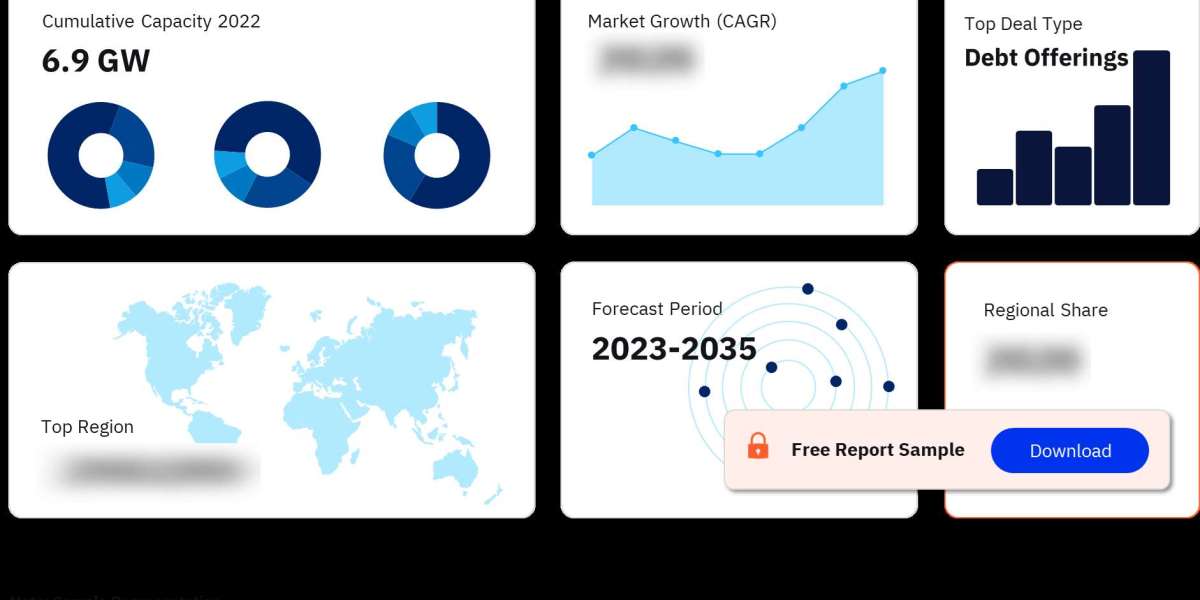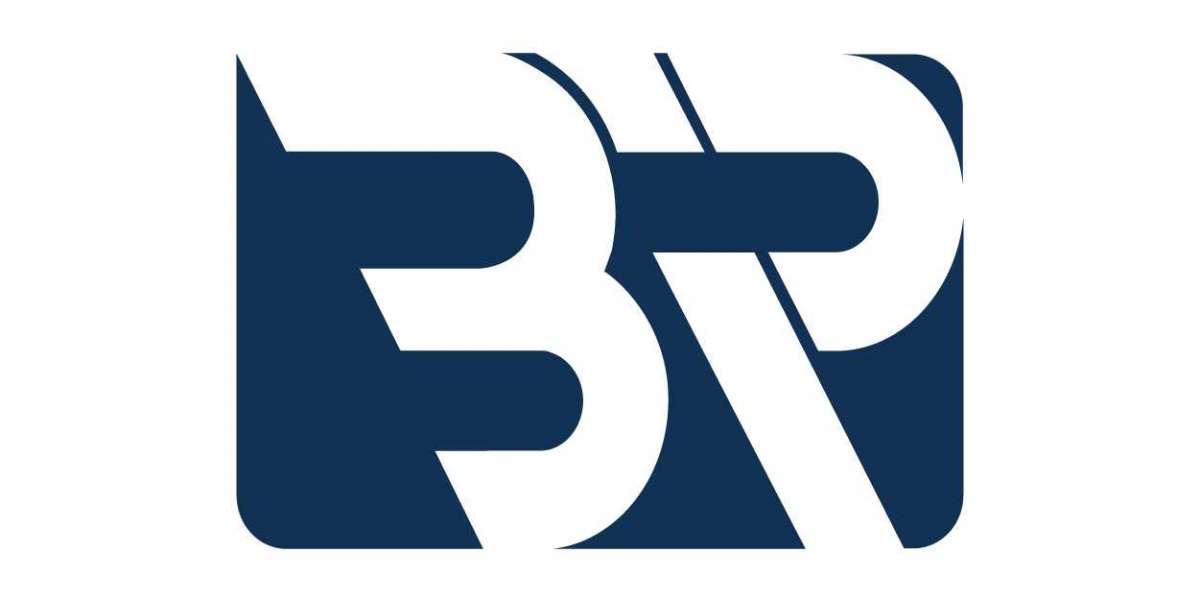Sweden's foray into nuclear power began in the 1950s, driven by the need for energy security and reducing dependence on imported fossil fuels. The country embarked on an ambitious nuclear program, resulting in the construction of several reactors over subsequent decades. By the 1980s, nuclear energy contributed to a substantial portion of Sweden's electricity generation.
Current Landscape: As of today, Sweden operates ten nuclear reactors across three sites: Ringhals, Forsmark, and Oskarshamn. These reactors are owned and operated by a mix of state-owned and private entities, with Vattenfall, E.ON, and Fortum being prominent players in the sector.
Nuclear power continues to play a vital role in Sweden's energy mix, providing around 40% of the nation's electricity. This significant contribution underscores the resilience and reliability of nuclear energy, particularly in maintaining a stable power supply.
Challenges: Despite its importance, Sweden's nuclear power sector faces several challenges. One primary concern is the looming issue of reactor retirements. Aging infrastructure and regulatory pressures have led to decisions to decommission several reactors in recent years. For instance, the Ringhals nuclear power plant saw the closure of its reactors in 2020 and 2021, marking a significant shift in Sweden's energy landscape.
Furthermore, public sentiment regarding nuclear energy remains mixed. While some advocate for its continued use as a low-carbon energy source, others raise concerns about safety, radioactive waste management, and the potential for accidents. Balancing these competing interests presents a considerable challenge for policymakers and industry stakeholders.
Future Prospects: Despite challenges, Sweden's nuclear power market retains potential for growth and innovation. The government has signaled intentions to invest in next-generation nuclear technologies, including small modular reactors (SMRs) and advanced reactor designs. These technologies promise enhanced safety features, reduced waste, and increased flexibility, addressing some of the concerns associated with traditional nuclear power.
Moreover, Sweden's commitment to carbon neutrality by 2045 necessitates a diverse energy portfolio. Nuclear energy, with its low-carbon footprint and reliable baseload capacity, can complement intermittent renewables like wind and solar power, ensuring a stable and sustainable energy supply.
Buy the Full Report for More Deal Type Insights into the Sweden Nuclear Power Market








